March Is Problem Gambling Awareness Month - Do You Know the Myths?
Author: Christine Thurmond, Senior Director of Responsible Gaming

Each year, the National Council on Problem Gambling (NCPG) and the gaming industry dedicates March as Problem Gambling Awareness Month (PGAM). This year, the PGAM theme is “Awareness and Action.” DraftKings, a platinum member of NCPG, marks this occasion with a spotlight on “awareness” via education and resources for customers to help them play responsibly on our gaming platforms. One way we are reaching and educating DraftKings customers in responsible gaming this month is through “action” via a customer email centered on common myths.
As Senior Director of Responsible Gaming at DraftKings, I’d like to dive into three of these concepts:
- Prior Outcomes Have No Impact on Future Outcomes: Individuals with gaming-related problems may believe after losing a series of bets, “if I keep playing, my luck will change and I’ll win back the money I’ve lost.” However, prior outcomes (including losses) have no impact on how the bettor will fare in the future.
- You Can’t Control the Outcome of a Random Number Generator: A misconception in casino gaming is, “I’ll win if I press the stop button on a slot machine at exactly the right time.” But, in any game that generates random numbers, customers can’t control the outcome. Similarly, beliefs like switching seats, playing at a different time of day, or being on a “hot streak” will lead to a better outcome are just not true. DraftKings’ Casino Education Hub has information on how our online casino games work.
- Gaming Should Not Be a Source of Income: We encourage customers to play for fun or entertainment rather than a source of income. All of DraftKings products have self-limitation tools for customers to set personal deposit or time limits on the app, cool off for a set time period, or to self-exclude entirely. For example, setting weekly time limits reminds many customers that gaming is not a full-time or part-time job – it’s a form of entertainment.
While educating customers is key to encouraging healthy gaming behaviors, I believe responsible gaming education for employees is equally important; employees trained in gaming myths and misconceptions are better equipped to recognize and respond when a customer states or demonstrates that they believe the misconceptions described above. At the start of their employment at DraftKings, and annually thereafter, all employees are trained in responsible gaming, including common myths. This allows employees to have the training to not just dispel common myths during customer communication, but to provide additional resources and information, such as the availability of the national 24/7 NCPG helpline (1-800-522-4700), or similar resources in the customer’s state.
Earlier this year, DraftKings announced a $1,575,000 responsible gaming initiative providing multi-year financial commitments to state councils, most of which are affiliates of the NCPG. The State Council Funding Program is open to all state councils, with councils having broad discretion on how the money is best allocated in their community. Keith Whyte, NCPG’s Executive Director, said it best on how crucial these local nonprofits are, stating “state councils provide a first line of defense for addressing the needs of people impacted by problem gambling.” The state councils may use the funding for an array of efforts to increase their grassroots reach, including, but not limited to, general capacity building, helpline staffing, recovery supports, and awareness building.
As the NCPG celebrates its 50th anniversary this year, we’re committed to joining them and their state affiliates in problem gaming awareness and prevention. To learn more about Problem Gambling Awareness Month, visit the NCPG’s website.

